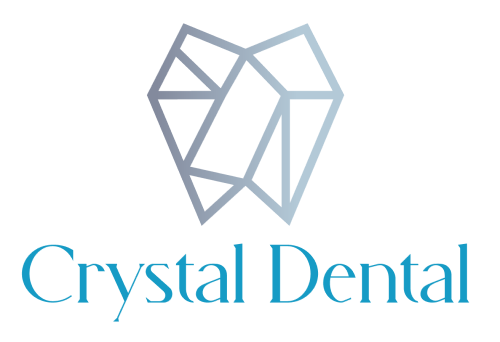
I can’t stress enough the significance of maintaining good oral health. It’s not just about a dazzling smile, but it also plays a pivotal role in overall well-being. Oral health is a comprehensive term that encompasses the health of your mouth, including your teeth, gums, tongue, and the surrounding tissues. The condition of your oral health is closely linked to your general health and can impact various aspects of your life, from your ability to eat and speak comfortably to your self-esteem and social interactions.
The Science Behind Oral Health
The science behind oral health is multifaceted and involves several key concepts. First and foremost is dental hygiene, which involves regular brushing and flossing to remove plaque, a biofilm of bacteria that accumulates on your teeth and gums. If left untreated, plaque can harden into tartar and lead to tooth decay, gum disease, and other oral health issues. Brushing with fluoride toothpaste and using dental floss or interdental brushes to clean between the teeth and along the gumline are essential components of effective dental hygiene.
Another critical aspect of oral health is nutrition. A balanced diet that is rich in essential nutrients, such as calcium, phosphorus, vitamin D, and vitamin C, plays a crucial role in maintaining strong teeth and healthy gums. Poor nutrition can weaken tooth enamel, compromise gum health, and increase the risk of developing dental problems.
Regular dental check-ups and professional cleanings are also fundamental to oral health. Dental professionals detect early signs of dental issues, such as cavities and gum disease, through clinical examinations, X-rays, and other diagnostic tools. Professional cleanings remove tartar buildup that’s been unaddressed in homecare, usually in areas that are difficult to reach with regular brushing alone.
The Importance of Oral Health
Maintaining good oral health goes beyond having a dazzling smile. It has a significant impact on your overall health and well-being. Research has shown that poor oral health has been linked to various systemic conditions, including cardiovascular disease, diabetes, respiratory infections, and adverse pregnancy outcomes. The mouth serves as a gateway to the rest of the body, and bacteria from oral infections can enter the bloodstream and spread to other organs, contributing to the development of systemic diseases.
Gum disease, in particular, has been associated with an increased risk of cardiovascular disease. The inflammation and infection in the gums can lead to chronic inflammation in other parts of the body, triggering a cascade of events that can contribute to the development of cardiovascular problems, such as atherosclerosis and heart attacks.
Oral health plays a significant role in our daily lives. Dental pain, discomfort, and tooth loss can affect our ability to eat, speak, and socialize. Poor oral health can also impact our self-esteem, leading to embarrassment and a decline in overall quality of life.
The Importance of Oral Health Education
Oral health education is a vital component of maintaining good oral health. Understanding the science behind oral health and adopting healthy oral hygiene practices can help prevent dental problems and promote overall well-being. Educating oneself about the importance of brushing techniques, flossing, and maintaining a healthy diet can go a long way in preventing oral health issues.
Thus, regular visits to a Los Angeles dentist for check-ups and professional cleanings are crucial. Dental professionals at Crystal Dental Center can provide personalized oral health advice, identify any early signs of dental problems, and offer preventive measures and treatments tailored to an individual’s needs. For further information and/or to schedule an appointment with Dr. Alex Moradzadeh, please call Crystal Dental Center at 213.748.8448 or visit www.CrystalDentalCenters.com to learn more.

Leave a Reply